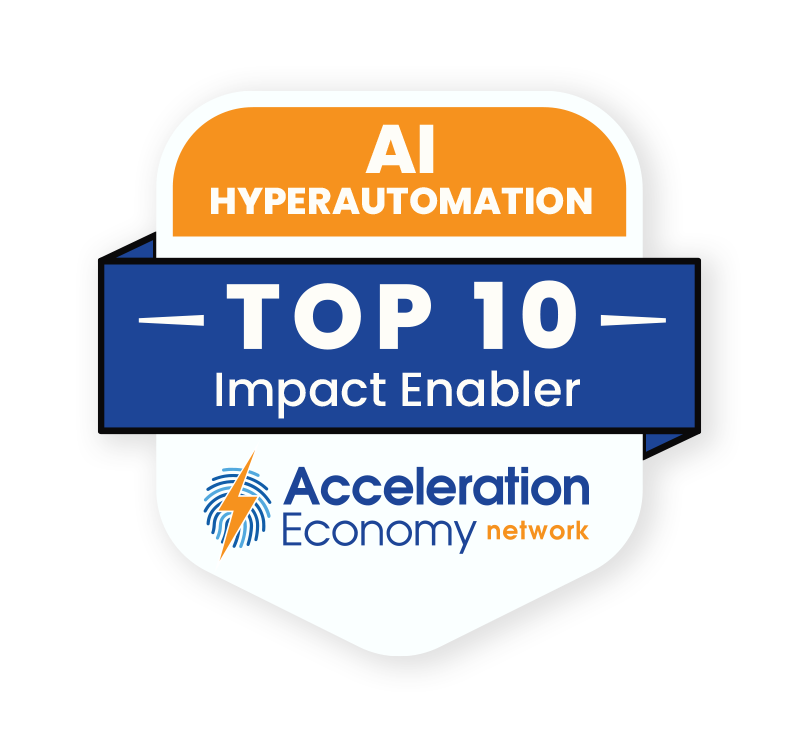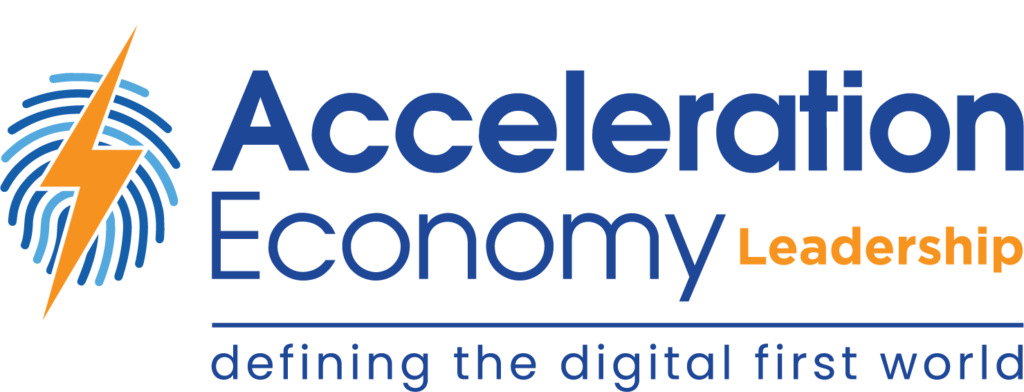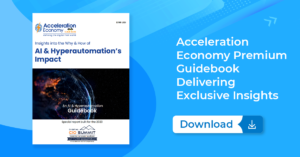Both the technical community and the C-suite will be delighted as Microsoft unveils groundbreaking healthcare software updates at the HIMSS23 Global Health Conference and Exhibition, which runs this week in Chicago.
Microsoft will preview new updates for its Azure AI Services for Health and Microsoft Cloud for Healthcare offerings, which aim to provide better data tools and solutions for healthcare and life sciences professionals and organizations. The updates include new features and previews of upcoming services that leverage AI and cloud technologies to improve healthcare outcomes and experiences.
My colleague Toni Witt and I will be on-site at HIMSS this week and expect to see plenty of new healthcare technology from many companies, but for now, here is what we’re excited to see from Microsoft at the conference.
Responsible AI Dashboard
Healthcare executives recognize the importance of using artificial intelligence (AI) responsibly and ethically. The Microsoft Responsible AI dashboard can help monitor and improve AI model security, bias, performance, fairness, and explainability. Microsoft Cloud for Healthcare offers a comprehensive solution by leveraging Azure Machine Learning and open-source tools to help healthcare customers build, debug, audit, and deploy their AI models. In addition, integration with other Microsoft services, such as Power BI, Dynamics 365, and Teams, further enhances AI model capabilities. All of this is surfaced through the dashboard.
Azure Health Bot and OpenAI Integration
Another update is the preview of a new Azure Health Bot template, which allows users to integrate Azure OpenAI Service into their own Health Bot implementation. The Azure Health Bot is an AI-powered service that enables users to create conversational agents that can provide health-related information and guidance, while the Azure OpenAI Service allows users to access OpenAI’s powerful natural language processing models such as GPT-3. By integrating the two services, users can enhance their Health Bot’s capabilities and provide answers to user queries that the Health Bot might not otherwise understand.
Social Determinants of Health in Azure’s Text Analytics
Also new is support for social determinants of health (SDOH) and ethnicity data within Azure’s Text Analytics for Health, a service that can extract insights from unstructured biomedical data such as clinical notes, discharge summaries, and electronic health records. The service can now detect and analyze SDOH and ethnicity information from the input data, which can help users understand the impact of social factors on health conditions and disparities. The service can also detect assertions such as the negation of substance use by a patient, which can improve diagnosis and treatment.

Which companies are the most important vendors in AI and hyperautomation? Check out the Acceleration Economy AI/Hyperautomation Top 10 Shortlist.
Project Health Insights
Another update is the preview of Project Health Insights, a service that leverages patient data and pre-built AI models to generate specific insights based on confidence scores and evidence from the input data. The preview will demonstrate two models: Oncology Phenotype and Clinical Trial Matcher, both of which are designed to help with cancer research and care. The Oncology Phenotype model is a part of Microsoft’s Project Health Insights, a service that leverages patient data and pre-built AI models to generate specific insights.
Oncology Phenotype: This model focuses on the identification of cancer types and subtypes from patient data. By analyzing a variety of patient information, this AI-powered model can help healthcare professionals better understand a patient’s specific cancer diagnosis, which can subsequently guide them in developing more personalized and effective treatment plans. This model demonstrates Microsoft’s commitment to advancing precision medicine and improving cancer research and care through the power of AI and cloud technologies.
Clinical Trial Matcher: Using AI and patient data to generate valuable insights, the Clinical Trial Matcher model aims to match patients with relevant clinical trials based on their eligibility criteria. It analyzes patient information, such as medical history, diagnosis, and other health factors, to identify clinical trials that might be suitable for patients.
This model streamlines the process of connecting patients with appropriate clinical trials, potentially accelerating medical research and providing patients with access to novel treatments. By leveraging AI and cloud technologies, the Clinical Trial Matcher model helps improve the efficiency and effectiveness of clinical trial enrollment, ultimately contributing to advancements in healthcare and medicine.
The Oncology Phenotype model can identify cancer types and subtypes from patient data, while the Clinical Trial Matcher model can match patients with relevant clinical trials based on their eligibility criteria.
Unified Member View for Payers
Microsoft Cloud for Healthcare is also introducing two new features in preview to enhance member engagement and satisfaction, as well as reduce costs for payer organizations. The unified member view offers a holistic perspective of members by consolidating data from various sources, such as claims, benefits, and enrollment, using the FHIR interoperability standard. This feature allows payers to analyze member data and create custom segments, dashboards, and reports to optimize services and enhance member loyalty.
Care Journey Templates for Care Management Outreach
Addressing the challenge of effective care management, Microsoft Cloud for Healthcare presents care journey templates to streamline care management outreach. By integrating Microsoft Dynamics 365 Marketing and Microsoft Teams, payers can create targeted campaigns for specific member segments, send reminders, offer resources, and schedule follow-ups. Microsoft Teams also enables secure communication with members via chat or video calls.
These last two updates showcase Microsoft’s efforts to drive technological innovation in healthcare and expand its industry-specific cloud strategy. By leveraging AI and cloud technologies, the company aims to empower healthcare professionals and organizations to improve healthcare quality, efficiency, and accessibility.
Conclusion
Microsoft’s latest updates to its Azure AI Services for Health and Microsoft Cloud for Healthcare offerings, set to be previewed this week at HIMSS23, signal a transformative leap forward in the healthcare industry. The company continues to push the boundaries of innovation in healthcare.
We’re looking forward to buckling up and getting ready for this week’s exciting ride into the future of healthcare, powered by AI and cloud technologies, at HIMSS23. Stay tuned for more coverage throughout this week — doctor’s orders!
Want more tech insights for the top execs? Visit the Leadership channel:









